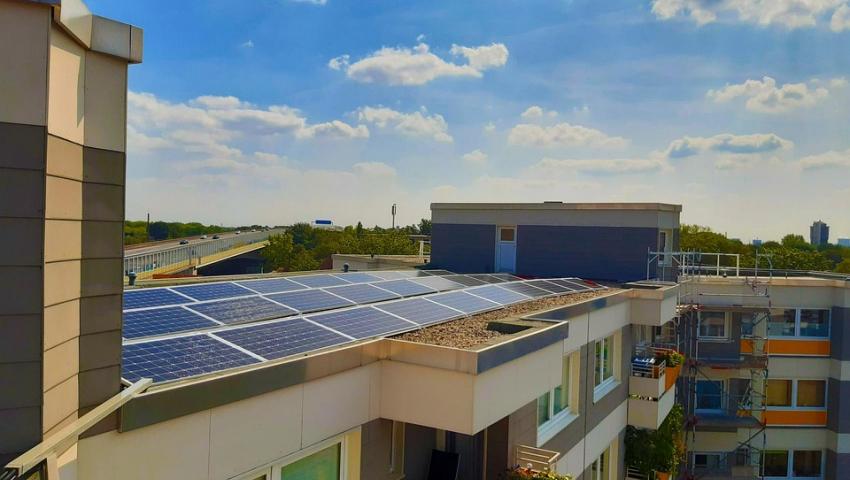There is a serious risk that energy poverty will turn out to be a reform on paper
In the absence of a dedicated funding fund for energy-poor households, the overall newly developed legislative framework is pointless

More than 99% of the funding under the Recovery and Sustainability Plan for the rehabilitation of multi-family residential buildings and renewable sources is without priority inclusion of energy poor households.
Source: PIxabay
*Analysis by the economist Dr. Teodora Peneva from the Institute for Economic Studies at the BAS
By the end of March 2023, the finalization of legislative changes and normative acts concerning the criteria, rules and conditions for determining energy-poor households is expected. The overall reform is part of the conditions for receiving funding under the Recovery and Sustainability Plan (RSP).
Unfortunately, the reform includes the adoption of legislative changes and sub-normative acts and does not imply the development of schemes and measures with priority inclusion of energy-poor households. Therefore, in the absence of a special financing fund for energy-poor households, it is possible that the entire newly developed legislative framework is meaningless.
Currently, the possible sources of financing measures for energy poor households are limited:
1. The national budget does not provide any resource for their financing. Given the maintenance of fiscal discipline, it is not expected in the future to be a source of support for a new group of nearly 2.5 million people. In the national budget, only the most vulnerable households, which are beneficiaries of the mechanism of targeted aid for heating, remain supported, about 300 thousand people per year, with a budget of nearly BGN 230 million in the 2022/2023 season.
2. The recovery and sustainability plan foresees the financing of households with planned funds in the amount of BGN 1.3 billion for the renovation of multi-family residential buildings and nearly BGN 200 million for support in the field of renewable sources. Unfortunately, over 99% of this funding was announced in programs and schemes without priority inclusion of energy-poor households, and even nearly a third of all finances (500 million BGN) is for schemes requiring co-financing and an independent initial investment, which excludes the possibility for the participation of these households. The remaining nearly BGN 1 billion will provide a 100% grant for renovation of buildings for all types of households, regardless of their income, and without prioritizing buildings with the largest number of energy-poor households.
3. The decarbonization fund has not yet been established, and it is not clear what amount of it will be allocated to households, and whether there will be a special component for energy poor households.
4. At no level in the state administration - legislative and executive power - are the conditions for supporting households through the Electricity System Security Fund, which secured over BGN 6 billion in aid for the electricity business in the past year, not commented on.
5. It is not clear whether and how energy poor households will be financed through other possible funds - Social Climate Fund, Modernization Fund, RePowerEU.
Against the background of missing sources of funding, there remains the issue of the adoption of legislative changes and a regulatory framework by the parliament, and the subsequent development of an information system that would automatically collect data on the status of households, their members, their incomes, the buildings that inhabit, etc. In the event that the 49th National Assembly does not form a regular government and fails to vote on the bill, we can expect an official definition in 2024 at the earliest.
There is also a lack of political decision on which competent authority should head the key information system in question. None of the line ministries shows an independent desire to define itself as a competent authority on energy poverty issues.
Tough tasks lie ahead for politicians, and there is a serious risk of delays in the official vote on legislative changes and policy decisions on the management and financing of energy poverty measures. This means another winter without adequate support for citizens.
The permanent maintenance of a ceiling on the prices of electricity and gas is actually a systematic support to those strata of society that have the highest consumption, and is another policy leading to the systematic impoverishment of the lowest income strata and the growth of inequalities. Unfortunately, these sections of society once again become a target for receiving funding that does not reach them, or reaches too little. Whether the politicians will dare to implement the energy poverty mechanism and turn the financial funnel upside down in order to save a resource is actually a civilizational choice that Bulgaria does not make, despite all the European directives and already sanctions.
